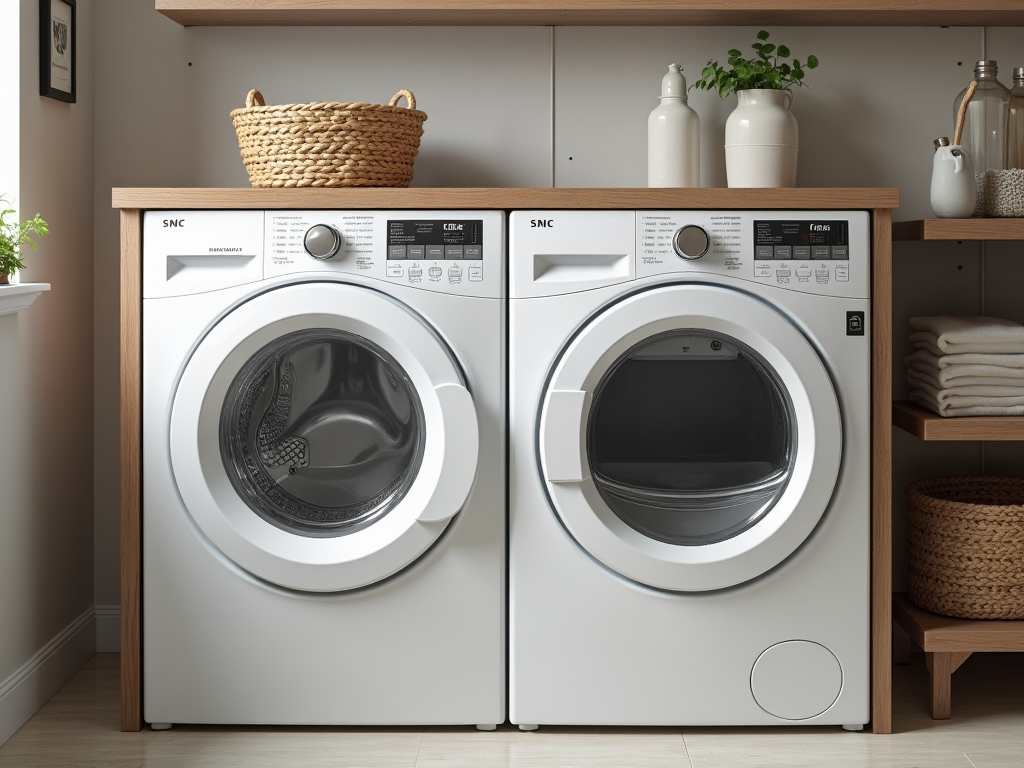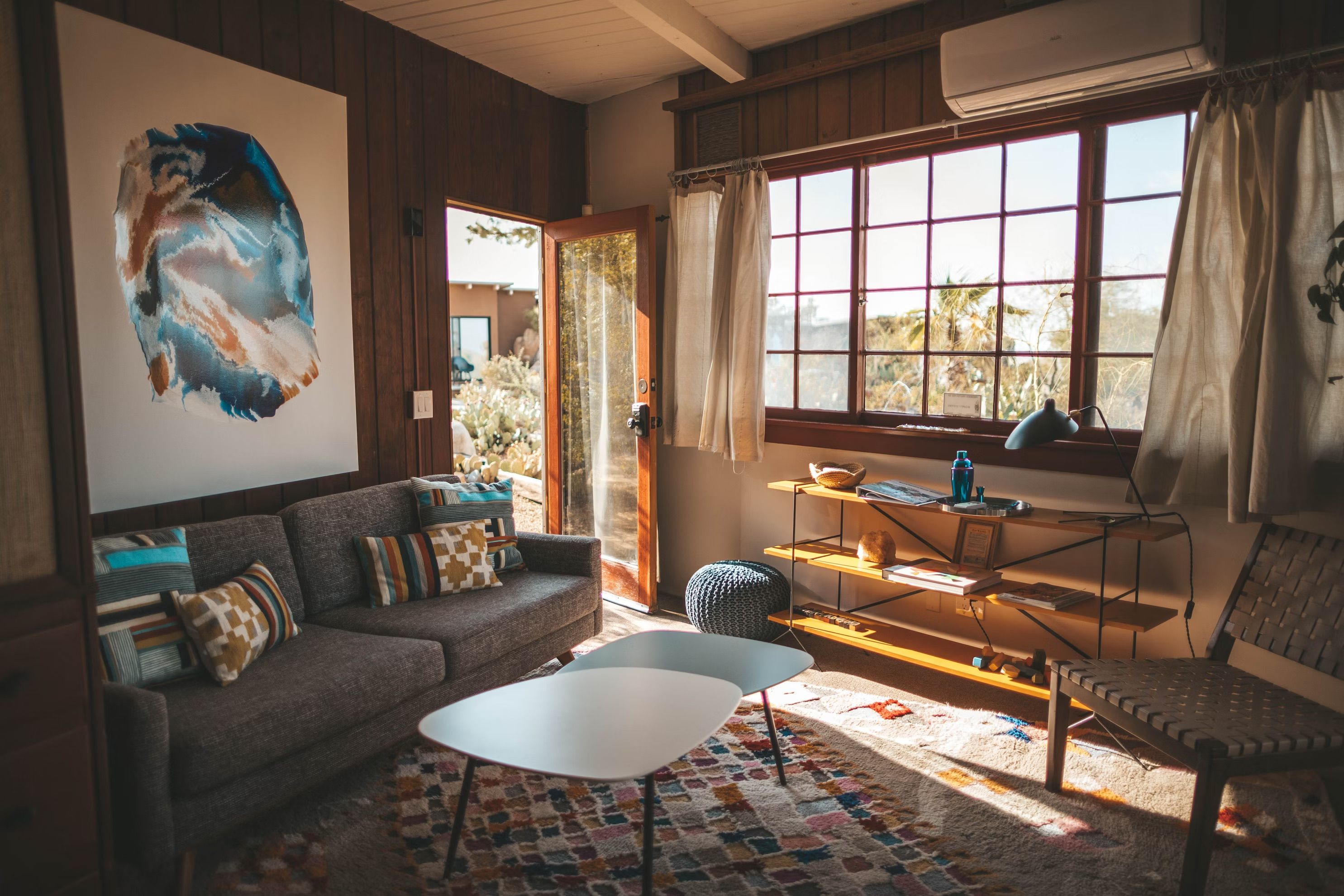Quick facts
Can't find the answer you're looking for? Please get in touch with our friendly team.
What is the most common dryer failure?
The most common dryer failure is a clogged vent. This blockage restricts airflow, leading to overheating and inefficient drying. Regularly cleaning the lint filter and vent can help prevent this issue, ensuring your dryer operates effectively and safely.
Is Home Depot a good place to buy a dryer?
Yes, Home Depot offers a wide selection of dryers from various brands, often at competitive prices. They provide delivery and installation services, making it convenient. Additionally, you can find customer reviews online to help inform your purchase decision.
Which is better, Maytag or Whirlpool dryers?
Both Maytag and Whirlpool dryers are reliable, but Maytag often offers heavier-duty features and warranties. Whirlpool is known for its user-friendly designs and energy efficiency. The choice depends on your specific needs, such as capacity, features, and budget.
Which is better, a gas or an electric dryer?
Electric dryers are generally easier to install and maintain, while gas dryers tend to dry clothes faster and are often more energy-efficient. The choice depends on your home setup, budget, and drying needs.
Do electric clothes dryers use a lot of electricity?
Yes, electric clothes dryers can use a significant amount of electricity, typically ranging from 2 to 6 kilowatt-hours per load. The energy consumption depends on the dryer model, settings, and load size. Using energy-efficient models can help reduce electricity usage.
What is the most reliable brand dryer?
Whirlpool and LG are often cited as the most reliable dryer brands. They are known for their durability, performance, and customer satisfaction. Additionally, both brands offer a variety of models with energy-efficient features, making them popular choices for homeowners.
Is it better to dry clothes in a dryer or outside?
Drying clothes outside is generally better for fabrics, as it can reduce wear and tear. Sunlight and fresh air can also help eliminate odors. However, using a dryer is more convenient and faster, especially in bad weather. Choose based on your needs and circumstances.
How long should an electric dryer last?
An electric dryer typically lasts about 10 to 15 years with proper maintenance. Regularly cleaning the lint filter and ensuring good ventilation can help extend its lifespan. If you notice frequent issues or decreased performance, it may be time to consider a replacement.
How long should a dryer last?
A dryer typically lasts about 10 to 15 years with proper maintenance. Factors like usage frequency, brand quality, and care can affect its lifespan. Regular cleaning of lint filters and vents can help extend its efficiency and longevity.
What is the cheapest type of dryer to run?
The cheapest type of dryer to run is a gas dryer. Gas dryers typically cost less to operate than electric dryers because natural gas is often cheaper than electricity. Additionally, they tend to dry clothes faster, which can save energy in the long run.
Which dryer option is best?
The best dryer option depends on your needs. For energy efficiency, consider a heat pump dryer. If speed is a priority, a ventless dryer is ideal. For large loads, a high-capacity dryer works well. Always check for features like moisture sensors and steam options for better care.
What brand of dryer is most reliable?
LG and Samsung are often cited as the most reliable dryer brands. They are known for their durability, innovative features, and energy efficiency. Whirlpool also has a strong reputation for reliability in the dryer market, making it a popular choice among consumers.
Category Overview
Introduction
Dryers play a crucial role in any home, transforming the tedious chore of laundry into a streamlined and efficient experience. By ensuring your clothes are thoroughly dried and ready to wear, dryers enhance your daily life by providing comfort and convenience. Imagine pulling on a warm, soft shirt on a chilly morning; that’s the comfort a dryer brings. Beyond utility, they can also complement your laundry space's decor, making it more organized and aesthetically pleasing.
Functionality
The primary function of dryers is to remove moisture from laundry after washing. They come equipped with various settings to accommodate different fabrics—delicate cycles for lace blouses, heavy-duty settings for towels, or even steam options to reduce wrinkles. You’ll typically find them in laundry rooms or basements but increasingly in stylish configurations for open-plan living spaces as well. Unique features such as sensor drying technology ensure that clothes aren’t over-dried, preserving fabric integrity while saving energy. Some models offer stackable designs perfect for apartments or small homes where space is at a premium.
Design & Style
Dryers come in an array of styles and finishes—from sleek stainless steel exteriors that contribute to a modern vibe to classic white finishes that blend seamlessly into traditional homes. Variations like front-loading versus top-loading dryers add versatility depending on your needs. Customization options abound; you can choose colors or even decorative panels that match your existing decor themes—be it contemporary chic or cozy farmhouse aesthetics. Consider how you might incorporate the best dryer for your setup—not just functional but also aligned with your home’s style.
Practical Considerations
When selecting the right dryer, consider the size of your laundry space; larger units might not suit compact areas unless they have stacking capabilities. Durability is also vital—look for models with quality ratings if you do frequent heavy-duty laundry loads. Avoid common mistakes such as underestimating capacity; larger families often need models with bigger drums to handle more significant volumes without multiple cycles. Additionally, exploring energy-efficient models will help save money over time while being environmentally friendly.
Comparison and Alternatives
When contemplating dryer materials and styles, note the differences between gas and electric options: gas tends to dry clothes faster but requires proper ventilation, while electric is often easier to install but less efficient over time. Round dryers may fit snugly in corner spaces whereas rectangular ones maximize drying capacity along walls—choose based on both room size and layout preference.
Trends and Popular Items
Current trends lean towards smart dryers equipped with Wi-Fi connectivity that allow you to monitor cycles through an app on your phone—a game changer for busy households! Eco-friendly materials are also gaining popularity as consumers become more conscious about sustainability in their home appliances. Mid-century modern designs continue to capture attention due to their timeless appeal combined with functionality—think clean lines mixed with innovative drying tech that's both stylish and effective. By understanding these facets of dryers—in terms of functionality, design considerations, practical tips for selection, comparisons among types—you can make informed choices that elevate both your laundry routine and home environment.


